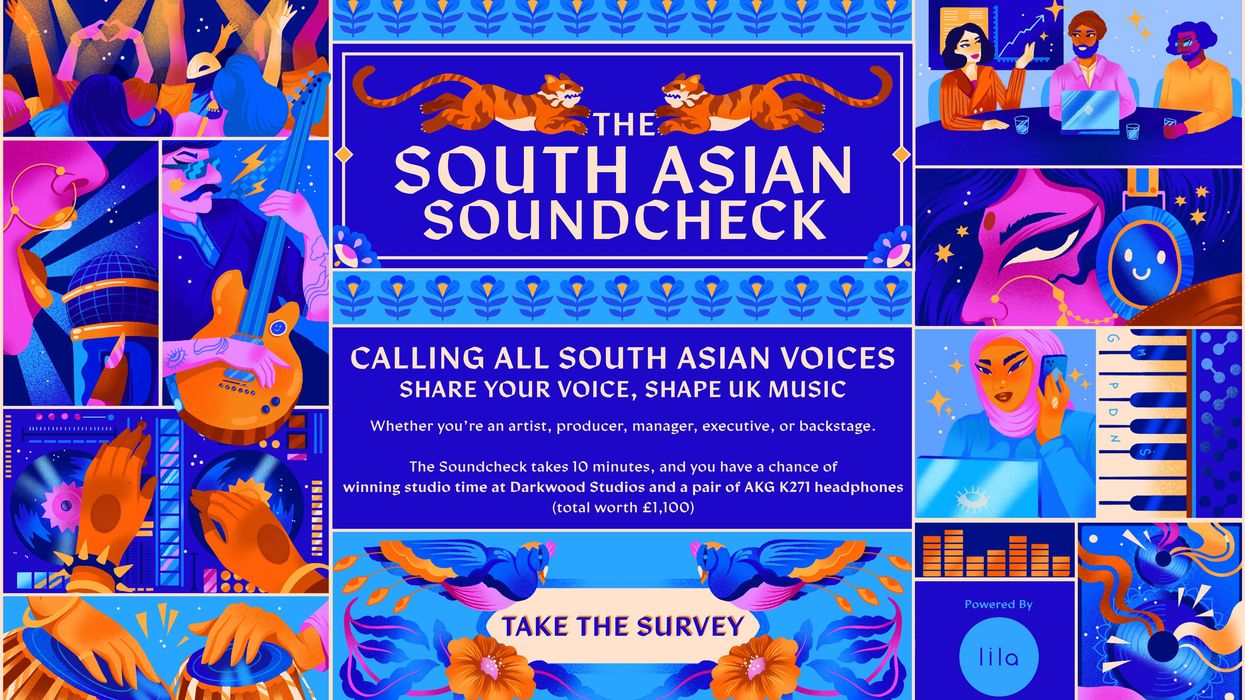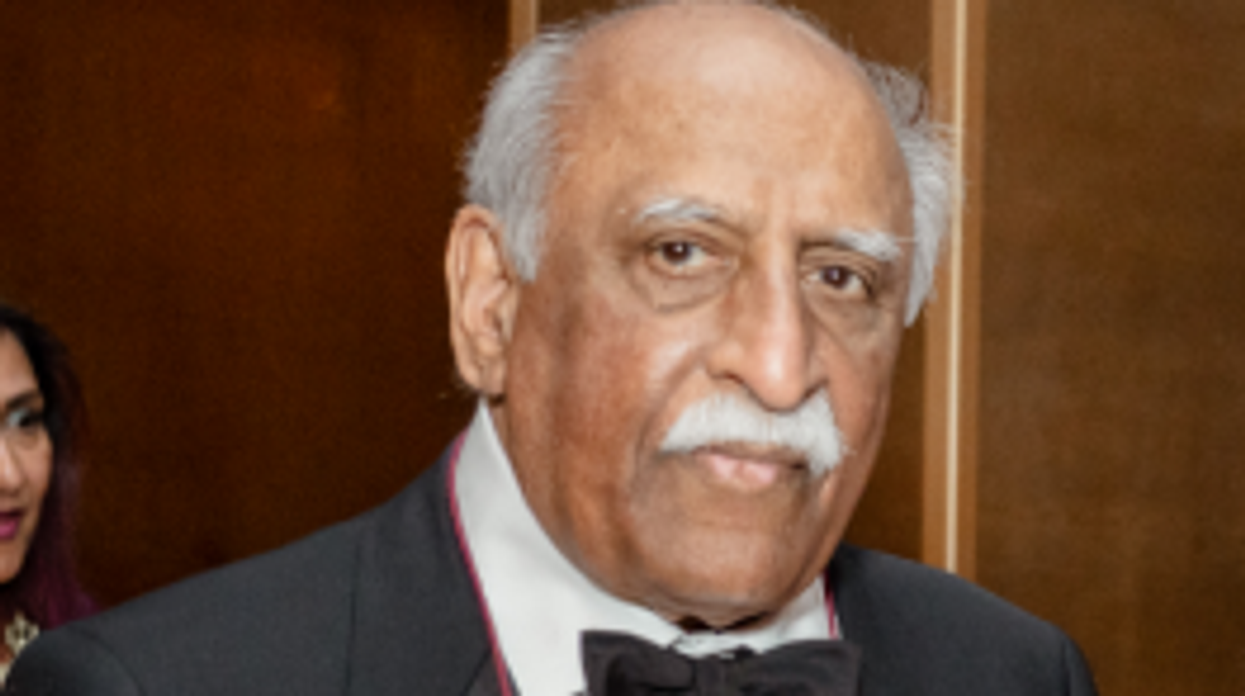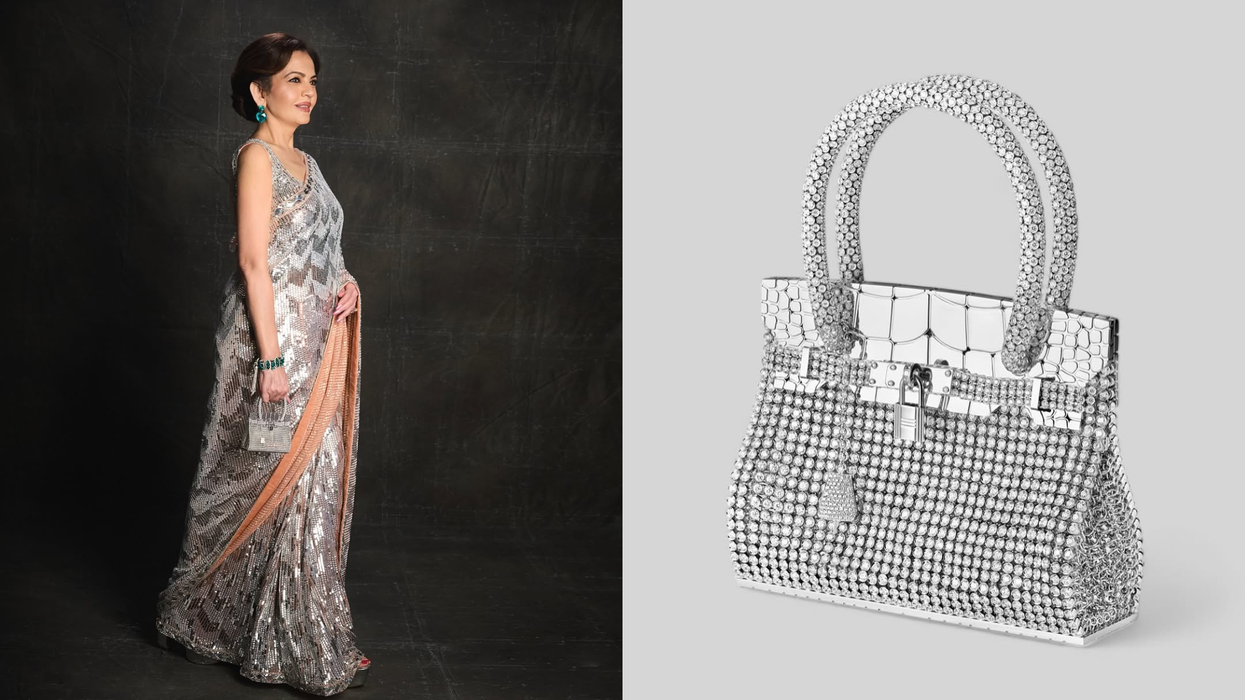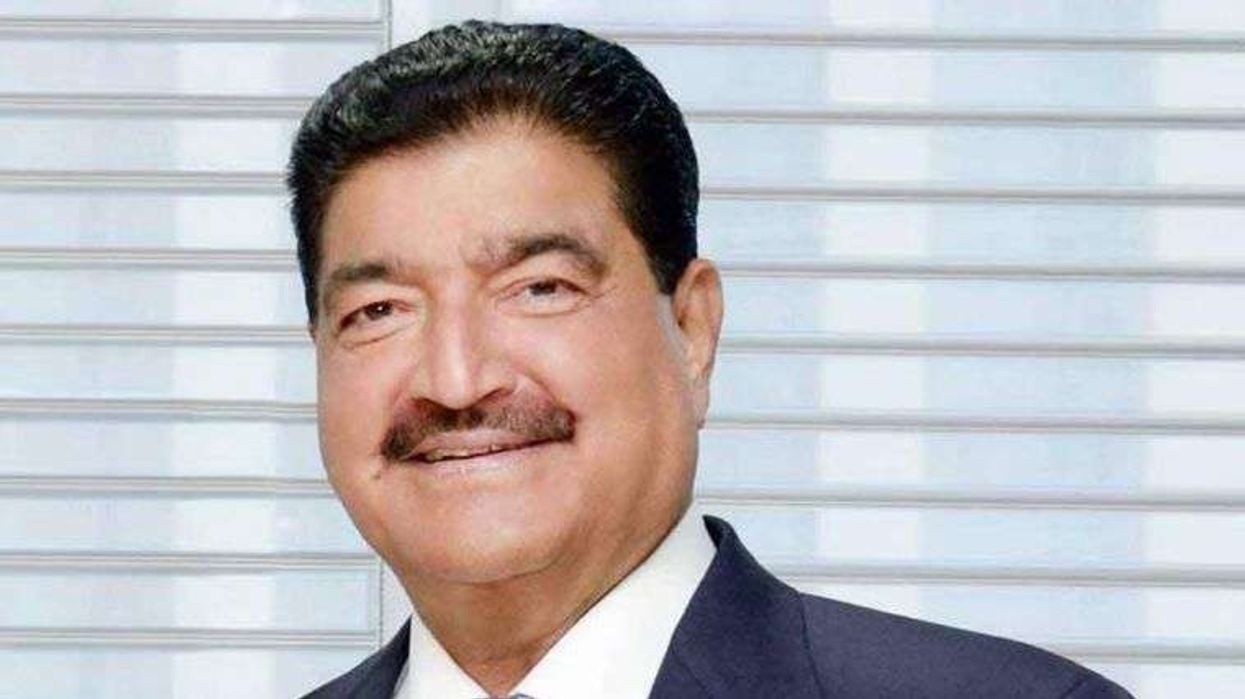A survey has suggested that millions of people in the UK wrongly store their medicines in a bathroom cabinet.
According to experts keeping medicines in places that are warm and humid like bathrooms, may reduce the effectiveness of the drugs, and may even spoil them.
The Royal Pharmaceutical Society (RPS) recommends keeping your medicines in your bedroom instead, so as to avoid the hot and humid atmosphere of bathrooms, the Daily Mail reports.
"The bathroom is not a good place to store medications because of the heat and moisture. Warm and humid environments can speed up the breakdown process of medications, making them less potent," explains pharmacist Aaron Emmel, PharmD, founder of Pharmacy Tech Scholar in an earlier report featured in BestLife.
Emmel also reportedly said that if your medicines are going to be stored in the bathroom, ensure that the bottles are closed tightly to stop moisture from entering. Additionally, he advises removing the cotton balls inside the bottles as the cotton tends to attract moisture.
Based on the results of the latest poll of 2,200 adults in the UK, it was revealed that roughly 19% store medicines in their bathrooms.
Meanwhile, 45% keep their medicines in the kitchen.
Experts are of the opinion that though you can store your medicine in the kitchen, you should avoid storing them above the sink and on the windowsill, as the heat and light from the windows and the moisture and heat from the sink can damage the medications and make them less effective.
The RPS also reportedly said that there could be problems with the medicines if they are stored near heat sources such as ovens or a hob.
RPS's chief scientist, professor Parastou Donyai is quoted as saying, “It’s important to store your medicines in the right place as this could affect how they work.
“Medicines should be stored in a cool, dry place and are particularly affected by heat and moisture.
“Keeping your medicines in the same place as where you have baths and showers could make your medicines less effective or spoil them.
“Instead, keep your medicines in another room, for example, your bedroom. Or, if you keep them in the kitchen, make sure this is in a kitchen cabinet, away from sources of heat such as the hob, oven, or windowsill.”
An important 2004 study published in the Journal of the Royal Society of Medicine reportedly discovered that each time the temperature rises by about 18 degrees Fahrenheit, the rate at which medicine breaks down increases.
Speaking about the same, a health and wellness expert for Best Nutrition, Rashmi Byakodi, BDS, is reported to have said, "even if the immediate stability of stored medicines is not seriously affected, there may well be an effect on the shelf life or expiry date of the drug."
Emmel adds, "No matter what, always inspect your medication before you take it. Make sure the expiration date hasn't passed, and discard the medication if there are any noticeable changes in appearance, smell, or texture, or if tablets or capsules are sticking together or cracked."
The RPS also offers some tips for effectively storing medicines at home.
“If you have small children or pets in the home, always make sure your medicines are kept in a lockable storage box somewhere out of their reach and sight,” Prof. Donyai said.
People are also encouraged to talk to their pharmacist if they notice any color, smell, or texture change in their medicines.
Keep medicines in their original container alongside their instructions and if required, refrigerating medicines is also essential.
The RPS also advises against putting expired and excess medications in the bin or down the sink or toilet to avoid polluting the environment. Instead, they suggest taking the drugs to a pharmacy where they can be disposed of safely.






 Viram Jasani
Viram Jasani 






